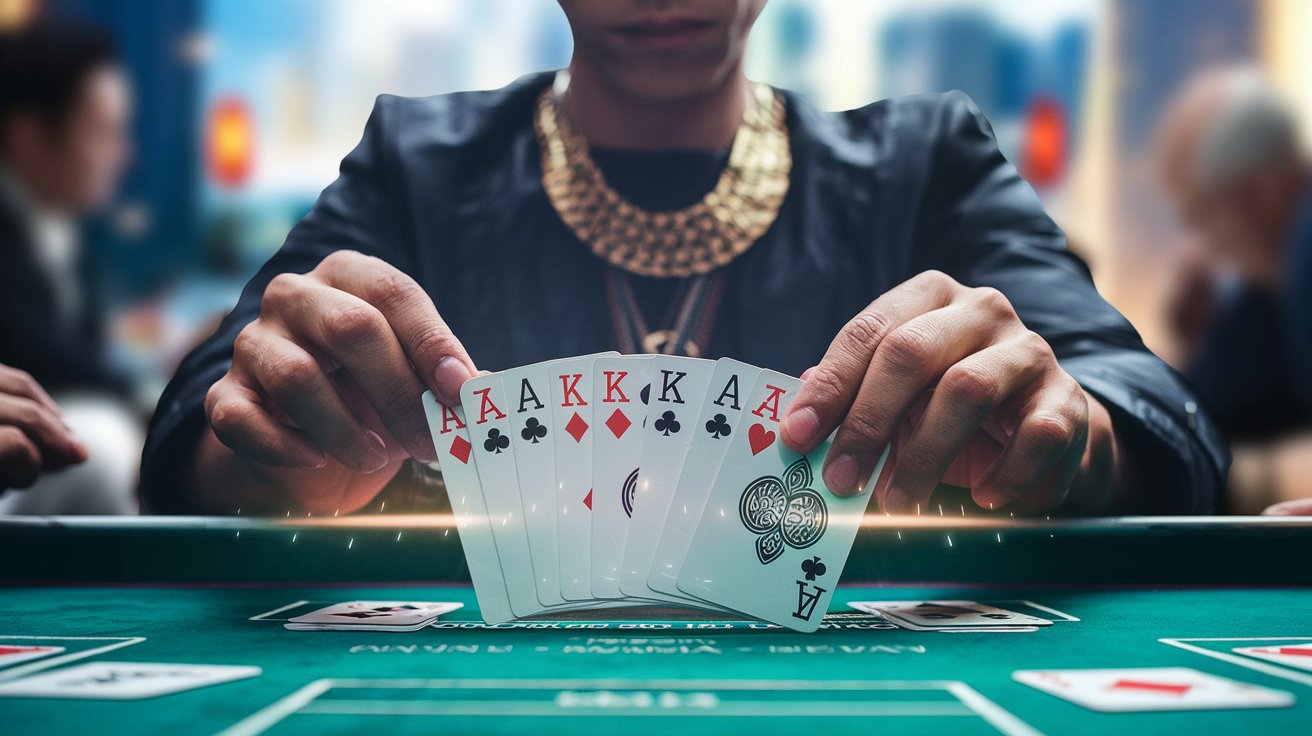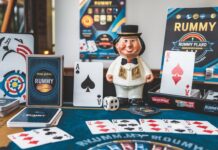Rummy is far more than a game of chance—it’s a sophisticated dance of strategy, psychology, and mental agility. At the heart of this complex card game lies an often-overlooked superpower: memory. While many players focus on the rules and basic strategies, true Rummy masters understand that a sharp memory can be the most potent weapon in their arsenal.
This comprehensive guide will explore how memory transforms an average player into a Rummy virtuoso, revealing the intricate ways mental recall and strategic information processing can give you a decisive edge at the card table.
Understanding Memory’s Critical Role in Rummy

Why Memory Matters
Memory in Rummy isn’t about photographic recall or superhuman abilities. It’s a strategic skill that involves:
- Tracking card movements
- Recognizing patterns
- Predicting opponents’ potential moves
- Managing your own card strategy
Think of memory as your internal game tracker—a dynamic system that helps you make informed decisions with limited information.
The Three Memory Dimensions in Rummy
- Short-Term Memory: Tracking recent card discards and picks
- Working Memory: Analyzing potential card combinations
- Strategic Memory: Recognizing long-term playing patterns of opponents
Cognitive Techniques for Enhanced Rummy Memory
Card Tracking Strategies
The Mental Mapping Technique
- Create a mental grid of card distributions
- Track suits and sequences mentally
- Develop a systematic approach to card observation
Practical Exercise:
- Start by tracking one suit completely
- Gradually expand to multiple suits
- Practice identifying which cards have been played
Pattern Recognition Skills
Successful Rummy players don’t just remember cards—they recognize patterns:
Key Pattern Recognition Elements:
- Sequence possibilities
- Set formation potential
- Opponent discard strategies
- Probability of specific card combinations
Memory Visualization Techniques
- Create mental images of card layouts
- Associate cards with memorable visual cues
- Develop a personal memory encoding system
Psychological Aspects of Memory in Rummy

Opponent Memory Profiling
Memory isn’t just about your cards—it’s about understanding your opponents:
Opponent Memory Tracking:
- Note recurring discard patterns
- Identify individual playing styles
- Recognize psychological tells related to card choices
Stress and Memory Performance
High-pressure situations can impact memory performance. Professional players develop techniques to maintain mental clarity:
Memory Preservation Strategies:
- Practice deep breathing
- Maintain consistent mental focus
- Develop stress management techniques
- Create pre-game mental preparation routines
Advanced Memory Training for Rummy
Cognitive Exercises
Memory Enhancement Drills:
- Card Sequence Memorization
- Rapid Discard Pile Recall
- Blind Card Distribution Analysis
- Mental Probability Calculation
Technology-Assisted Memory Training
Modern tools can help improve your Rummy memory:
- Cognitive training apps
- Online memory challenge platforms
- Rummy simulation software
- Specialized memory improvement programs
Mathematical Memory: Probability and Recall

Calculating Memorization Probabilities
Memory in Rummy intersects significantly with mathematical thinking:
Probability Tracking:
- Calculate remaining card possibilities
- Estimate likelihood of specific draws
- Develop quick mental probability computations
Probability Calculation Framework
- Track cards already played
- Estimate remaining card distribution
- Calculate potential meld completion chances
Neurological Benefits of Memory Practice
Cognitive Development Through Rummy
Regular memory practice in Rummy offers broader cognitive benefits:
- Improved concentration
- Enhanced mental processing speed
- Better strategic thinking
- Increased neural plasticity
Common Memory Mistakes to Avoid
Memory Pitfalls for Rummy Players
- Overloading: Trying to track too many details simultaneously
- Fixation: Getting stuck on past moves
- Emotional Interference: Letting emotions cloud memory recall
- Inconsistent Tracking: Losing focus midgame
Professional Techniques for Memory Mastery
Developing a Personal Memory System
Memory System Components:
- Personal encoding method
- Consistent tracking approach
- Adaptable mental framework
- Stress management techniques
Practice Methodology
Effective Memory Training:
- Regular, focused practice sessions
- Gradual complexity increase
- Diversified training approaches
- Consistent performance review
Technology and Memory Enhancement
Digital Tools for Rummy Memory Training
- Specialized Rummy training apps
- Cognitive enhancement platforms
- Online memory challenge games
- AI-powered strategy analyzers
Conclusion: Memory as Your Competitive Edge
Memory in Rummy is more than a skill—it’s a comprehensive approach to strategic thinking. By developing your memory capabilities, you transform from a casual player to a strategic master.
Key Takeaways:
- Memory is a trainable skill
- Consistent practice yields significant improvements
- Integrate cognitive techniques into your gameplay
- Embrace a holistic approach to mental development
Final Pro Tip
Treat memory training like physical exercise—consistent, structured, and progressive. Your brain is a muscle that grows stronger with deliberate practice.
Recommended Resources
- Memory training books
- Cognitive psychology websites
- Professional Rummy strategy forums
- Online memory enhancement courses

Zareb Saleh is a journalist at Gulf Today and a ghostwriter for Gameoholic, specializing in gaming, technology, and digital culture. With a keen eye for industry trends, he delivers insightful stories that engage and inform readers.




